Corporate crises may emerge from natural disasters, product defects, industrial accidents, political protests or terrorist attacks. Crises are predictable, academician Audra Diers-Lawson asserts, though their timing is usually uncertain. A company’s continued existence and its stakeholder relationships may depend on effective crisis communication. Diers-Lawson draws on extensive theoretical and practical sources to provide astute guidance on how to prepare for – and cope with – the worst.
Solving the problem at hand is less of a challenge than getting teams to focus on it.
Crises are public, and crisis management depends on crisis communication. A company’s relationship with its stakeholders is critical during a crisis. Failure to communicate can spell doom – but if you manage it properly, a crisis can strengthen your stakeholder relationships.
Risk is the probability of an event, and the degree of risk can derive, in part, from people’s perception of it. Technical experts can calculate the probability of a bridge failing or a pandemic spreading, but risk management doesn’t concern only mathematics. It should also focus on reducing risk and communicating information.
People are less likely to believe in the danger of threats that are unknown, hazy or beyond their control. Generally, people tend to ignore risks until a crisis is inevitable. Then, they exaggerate the damage it will cause.
A study of Hurricane Katrina, a risk management failure, concluded that risk management incorporates detecting a risk, evaluating it, communicating about it and responding to it. An organization needs...









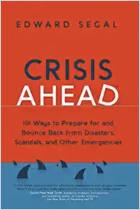
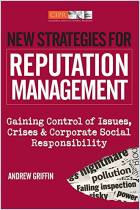
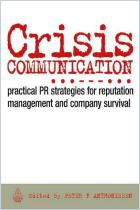
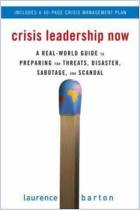
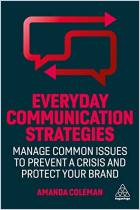
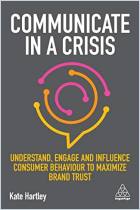

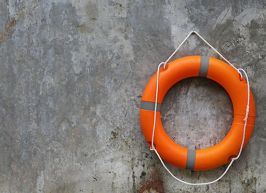

Comment on this summary or Начать обсуждение